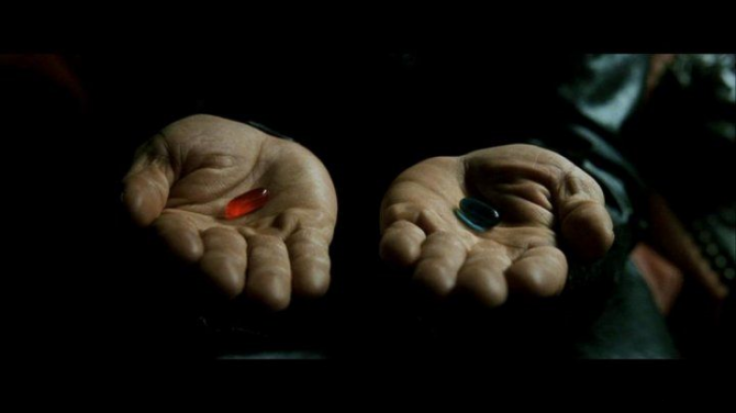Contrary to Previous Findings, Science Indicates that Free Will Does Exist

Many religions have reconciled their belief in God with the realization that people do horrible things. Many ascribe that disparity to the idea of free will – that, though people were created by an omnipotent deity, He or She also designated to people the ability to think freely. That belief in free will sometimes runs concurrently – and contradictorily – with a belief in fate. Recently a research has emerged that has challenged that idea, saying that free will does exist.
This year and last year, several studies refuted the idea of free will. In March this year, six academics weighed in on the idea, with four voting nay on free will and two voting that it existed. Jerry Coyne, an evolutionary biologist at the University of Chicago, said that free will would exist if, after making a decision, you could have made a different one. However, he said that what we associate to free will is merely the result of neurons firing in the brain and the environment in which you were shaped. At the end of the day, he says, you would have made the exact same decision if you were presented with two choices. You were always going to make the decision that you did.
That viewpoint stems from the research of neuroscientist Benjamin Libet who, in the 1980s, conducted a series of experiments that caused him to question the idea of free will. Libet and his team recorded EEGs of people and found that, when people were instructed to make a movement, their brain had already made the decision before they did.
But, though Aaron Schurger and his colleagues in France believe in the same underlying mechanisms of neurons and environment, they believe that their research indicates that they are a bit less important than other researchers deem. The team built a computer model that they called a "neural accumulator" and watched as the neurons built up as they prepared to perform an action. Then the neuroscientists repeated the same experiment of Libet's, with one slight modification: a click. When study participants were ruminating over a decision, the researchers would make a click that indicated that the volunteers needed to make a decision immediately.
They hypothesized that, for people who already had a neural buildup and were close to the threshold, they would make a decision more quickly. The research confirmed that. Schurger and his colleagues believe that means that their findings indicate that, while the neurons and environment provided secondary information, the conscious was still making the decision.
The study's results were published in PNAS.



























